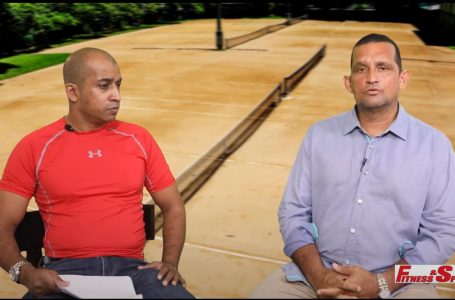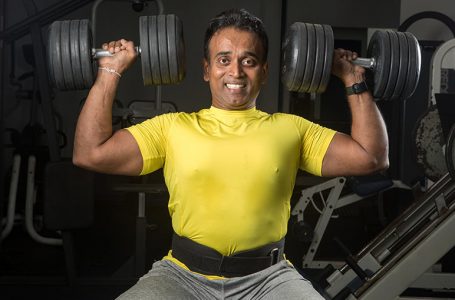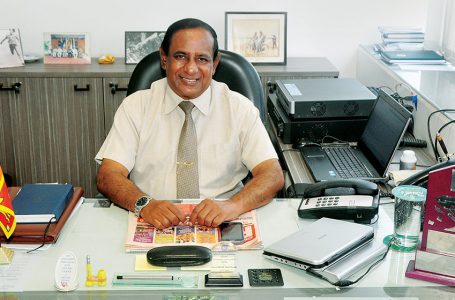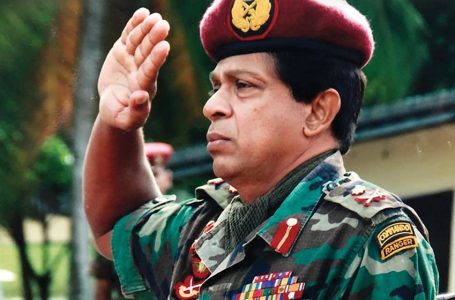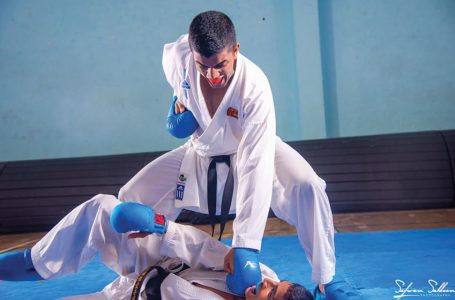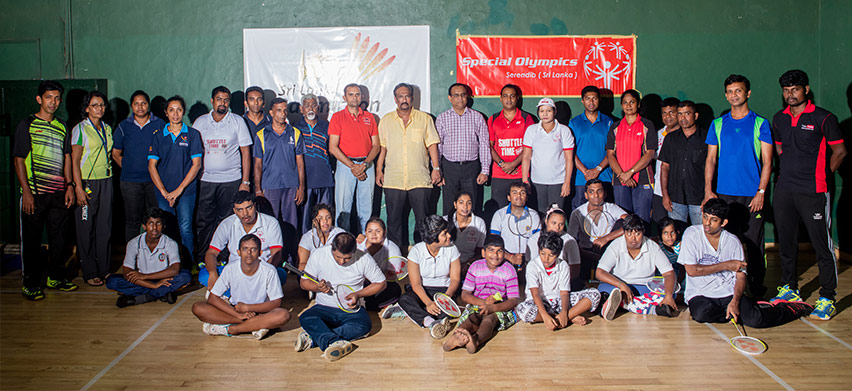
History of Shuttle Time
Shuttle Time is an innovative self-study training programme introduced by the Badminton World Federation (BWF). A range of training resources have been developed to help teachers and coaches learn the ‘how-to’ teach badminton to children and youth. The aim of this program is to teach badminton for the children who do not know anything of badminton.
 The BWF Schools badminton programme, Shuttle Time, has been unveiled on its virtual home, bwfshuttletime.com, a year after the idea of the programme was conceived. Whether you are a qualified school teacher or a coach looking for a comprehensive badminton training programme to teach badminton to children and youth at a club or community centre in your neighbourhood,Shuttle Time will meet your needs. With the strategic vision to bring badminton to every child in the world, Shuttle Time is an innovative training programme that aims to help teachers and coaches develop the skills knowledge and confidence to plan and deliver safe and fun badminton lessons to children and youth using the BWF Shuttle Time Programme.
The BWF Schools badminton programme, Shuttle Time, has been unveiled on its virtual home, bwfshuttletime.com, a year after the idea of the programme was conceived. Whether you are a qualified school teacher or a coach looking for a comprehensive badminton training programme to teach badminton to children and youth at a club or community centre in your neighbourhood,Shuttle Time will meet your needs. With the strategic vision to bring badminton to every child in the world, Shuttle Time is an innovative training programme that aims to help teachers and coaches develop the skills knowledge and confidence to plan and deliver safe and fun badminton lessons to children and youth using the BWF Shuttle Time Programme.
Shuttle Time In Sri Lanka Badminton (SLB)
This is the pet project of BWF which carries out to introduce badminton to the world. SLB started this program on 1 May 2014 under the guidance of the former President Mr. Suraj Dandeniya and Mr. Udaya Weerakoon the former Vice President. The Coach was Mr. Pradeep Welagedara. Sri Lanka Badminton managed to complete 12 programs with the assistance of Mr. Pradeep Welagedara from 2014 to 2016. Further the Sri Lanka Badminton has started this program with the specially abled children and has managed to complete 3 programs up to now.
Interview With Former Secretary/Coordinator: Wing Commander Amal Dias
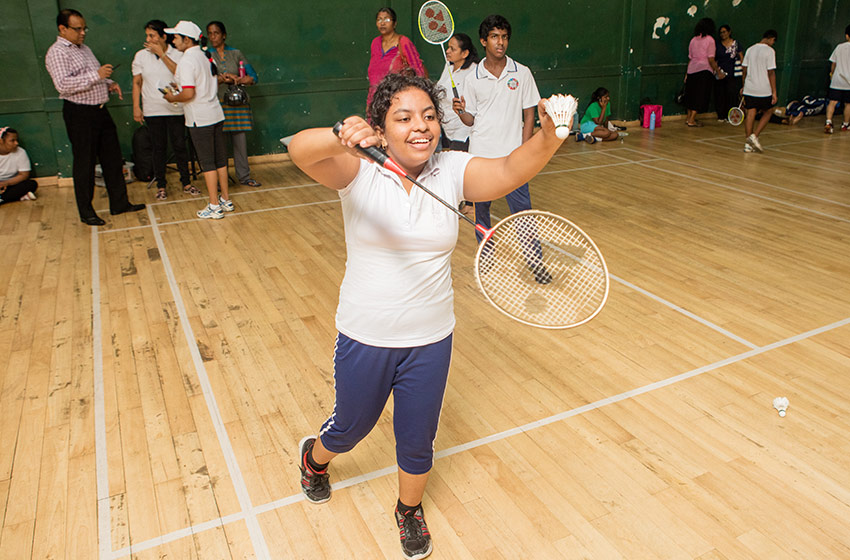
FITNESS & SPORTS: When and how did you get involved with badminton? AMAL DIAS: I started badminton when I was schooling. I played badminton for my school up to Under 15. In 1994 I joined the Sri Lanka Air Force. From then till now I play badminton and have represented the Sri Lanka Air Force in badminton. In 2008 I joined the Sri Lanka badminton association as the Secretary and Vice President. Since then I have been involved in many areas of Sri Lanka Badminton. F&S: Describe your role as the coordinator of this programme? AD: I took up the coordinating position of this programme due to the respect to my President Suraj Dandeniya and our coach Pradeep Welagedara. Suraj took the initiative and grabbed this programme from the Badminton World Federation and introduced it to Sri Lanka. Pradeep is the coach that oversees this programme. He has been the main coach since the beginning of this programme till today. My role as the coordinator is to assist the coaches whome we have appointed for the districts and provinces in handling the programme and giving administrative support in conducting the Shuttletime programme. F&S: What do you see as the most positive impact Shuttletime has on developing badminton in Sri Lanka? AD: The Shuttletime programme is the programme we have introduced for the children and the school teachers who have not played badminton before. Through the conduct of the Shuttletime programme we have identified the talent of these individuals. As Shuttletime focuses on introducing the sport of badminton to those who have no prior experience in the sport it enlarges the pool of talented badminton players in Sri Lanka. A unique feature of Shuttletime is introducing badminton to children with special needs. This has been possible with the innovative ideas of our coach Pradeep. F&S: As the coordinator of this innovative programme, what is the most rewarding aspect for you? AD: The happiest aspect of this programme for me is to be able to conduct this programme for the children with special needs. To see how they respond to the commands given by the teachers who were trained by our trainers, to see how they enjoy the sport and for us to engage with these special children is very rewarding. One day we could field a team of specially abled individuals who will be able to represent Sri Lanka in this sport.
F&S: Where does Shuttletime fly in 2017?

AD: We have a special programme for 2017, with the assistance of our Head Coach, we have appointed a coach for every province and every district. From that point onwards we have made a proposal for the Ministry of Sports to present our ideas to them and to obtain financial assistance from them to develop Shuttletime in the whole country including the villages. With the assistance of the Honourable Minister of Sports, I hope we will be able to start this programme from February onwards. We got an opportunity to train 5 of our coaches in Maldives under a special program. We have completed that and nominated them as the Provincial Head Coaches. I hope that we can get the best out of them to develop Shuttletime to the villages and in turn the sport of badminton in Sri Lanka will develop.
Interview With Head Coach Mr. Pradeep Welagedara
FITNESS & SPORTS: What are your achievements in the sport of badminton? PRADEED WELAGEDARA: My father is also a badminton coach and I started to play when I was about 4 or 5 years old. I became the Under-10 Sri Lanka Champion. I played up to Under-19 and then went on to play for the Sri Lanka Squad. Then I followed all the Sri Lankan coaching courses as well as some International coaching courses. At the moment I am a BWF(Badminton World Federation) Level 2 Coach.
F&S: As the head coach, what are your day to day tasks for this programme?
badminton trainers who will train the teachers who have no prior badminton experience. The teachers will then train the children. Our focus is on the teachers so they became familiar with the technical aspects of the sport. With their teaching experience they are then able to impart the technical knowledge on the sport of badminton to the children.

F&S: How does your role as the Head Coach of Shuttle Time differ from your role as the Head Coach of the National Badminton Team?
PW: Before I got involved with Shuttle Time, I thought because of my coaching experience that coaching children would not be too different from coaching adults. After getting involved in Shuttle Time it became clear that coaching children is totally different from coaching adults. Similar to the academic world, a professor cannot teach a Montessori School because the child is very different to the adult. Shuttle Time is a syllabus which aims not to make a champion badminton player but rather discover a future badminton champion. In this programme we first give a balloon for the children to play with instead of a shuttle, this is to make it more fun and easier for them as it is the first time for them playing badminton. We have to educate the parents as well so that they understand better our methods and can help with the communication.
F&S: How do children come to this programme, how do they hear about it?
PW: This programme is not for children who are playing badminton, rather a badminton development programme. We go to different areas that do not have badminton and we educate the teachers and masters in charge and bring then introduce the programme to those areas. We educate them about the programme and gather them to the location and conduct the programme which runs for two days. The first one and a half days we coach the teachers who learn how to coach the children. The final half day of the programme the children participate and get an introduction to badminton in a fun and interesting environment.
F&S: What are the biggest challenges you face in implementing Shuttletime and how do you overcome them?
PW: The biggest challenge we had was finding children from different districts where there was no badminton facilities. Our secretary Wing Commander Amal gave me a big support in finding coordinators who are able to coordinate the programme in those areas. We now have a list of coordinators in the different districts and schools who can initiate the programme and gather the trainers, teachers and children for Shuttletime.
F&S: How is the response from the children and the parents towards this programme?
PW: As soon as we finish the programme in the respective provinces we are requested to conduct more programmes. In Badulla we are conducting Shuttletime every year with a fresh batch of teachers coming to the programme. The teachers come with usually no prior badminton knowledge and leave the programme with the ability to coach badminton to the children in their schools. In Asia we (Sri Lanka) are the second country to implement this programme.
F&S: What are the benefits of playing badminton?
PW: There are many good reasons why badminton is ideal for physical education programmes. One reason is that badminton is equally accessible to both girls and boys. Badminton is a safe, low impact sport for children. Badminton builds fundamental sporting skills that can be used in other sports. It is a sport that can be easily played by individuals with differing physical abilities. Badminton can be played for life. There is no particular age to start playing badminton and no particular age to stop playing badminton. In the World Masters Badminton Tournament there is an event for players 75 years and above.
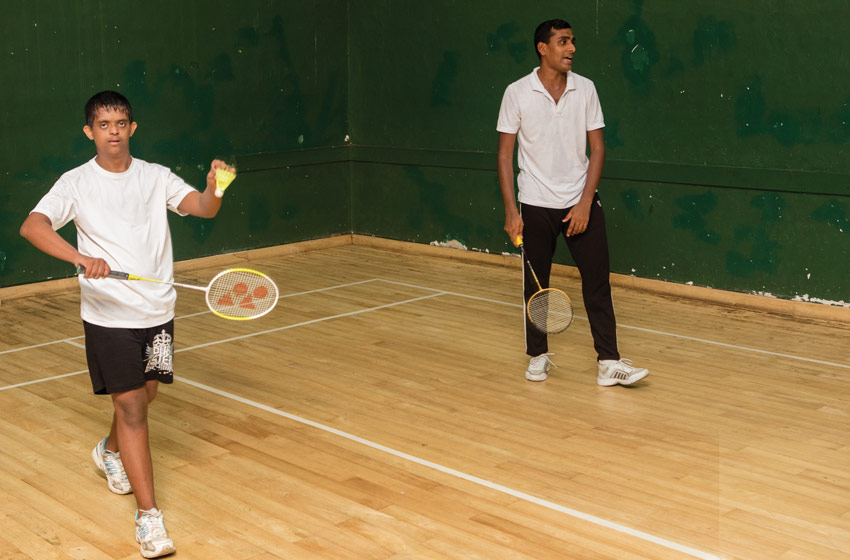
F&S: What are the fitness attributes needed for a badminton player?
PW: Eye hand coordination is important, so is stability and balance, speed and agility, jumping and landing skills and when you advance in the sport your decision making ability improves as well. To improve hand eye coordination we use drills where the children catch and throw a shuttlecock to improve this. This is because the throwing action is very similar to hitting a shuttlecock. Strength and conditioning training plays a role in improving the badminton player. A combination of bodyweight exercises as well as the use of weights helps the badminton player in this endeavor. Badminton is a highly explosive sport. It is the world’s fastest racquet sport, because the shuttle can travel at 495 km per hour during a smash. A quick reaction time is needed to return such a high speed smash.
F&S: Do you have any new strategies to further improve Shuttletime in 2017?
PW: One of the strategies we have initiated is to teach the children with special needs. We hope to soon include children with physical disabilities as well. We hope to field a team for the Special Olympics as well as the Paralympics. We want to train 1000 teachers this year. The Badminton World Federation is trying to promote the sport in the outdoors including the beach.


